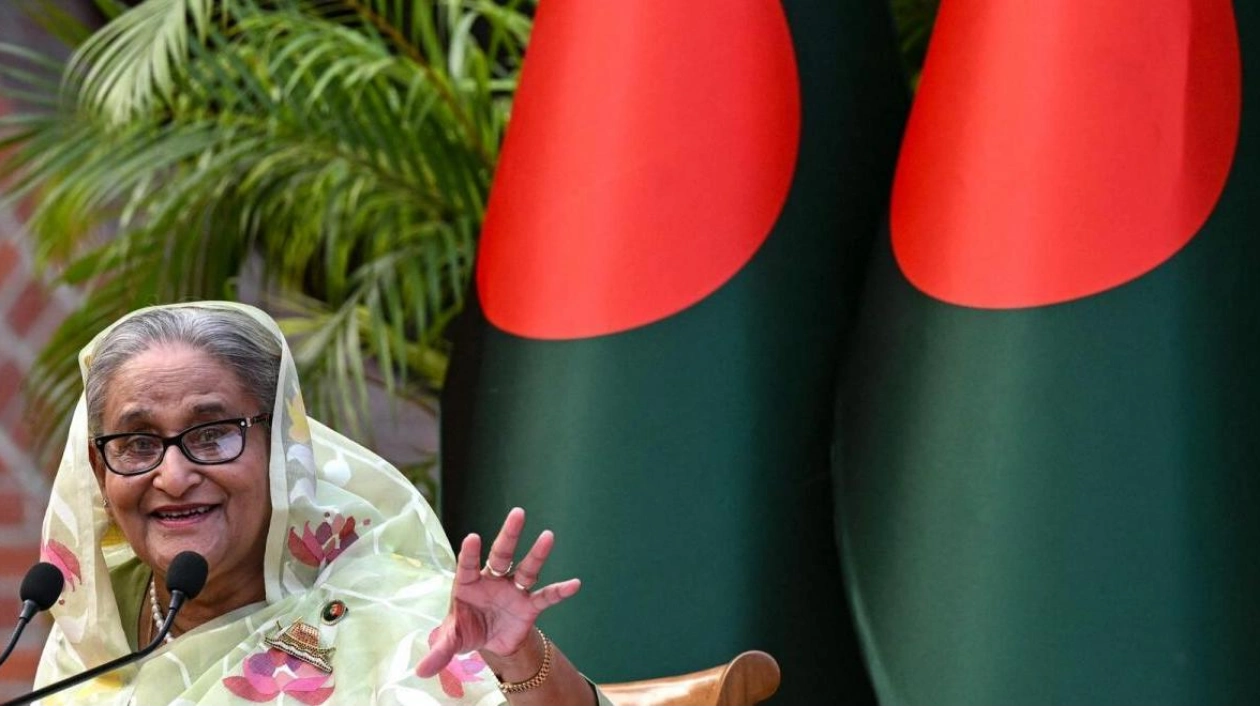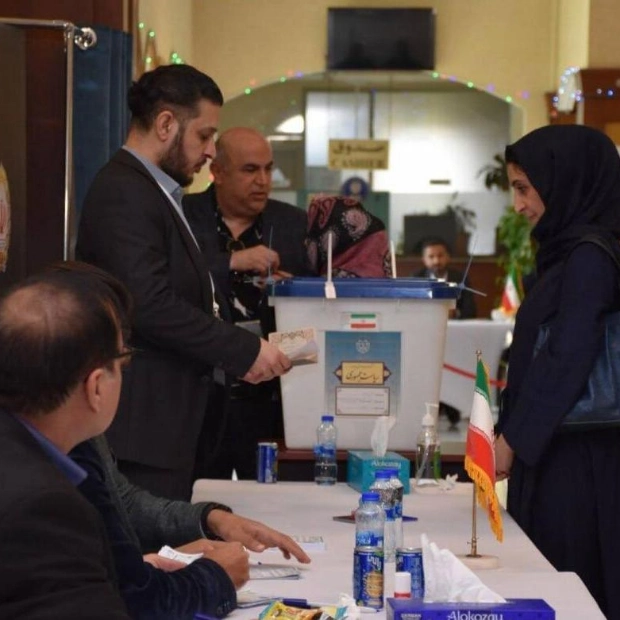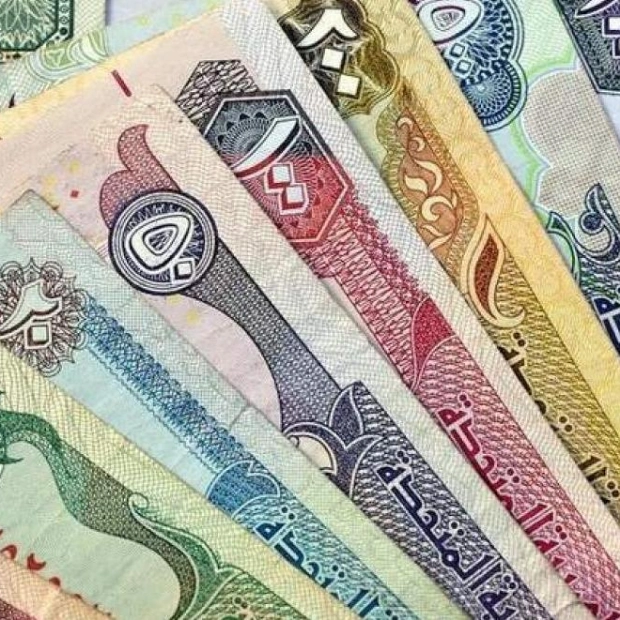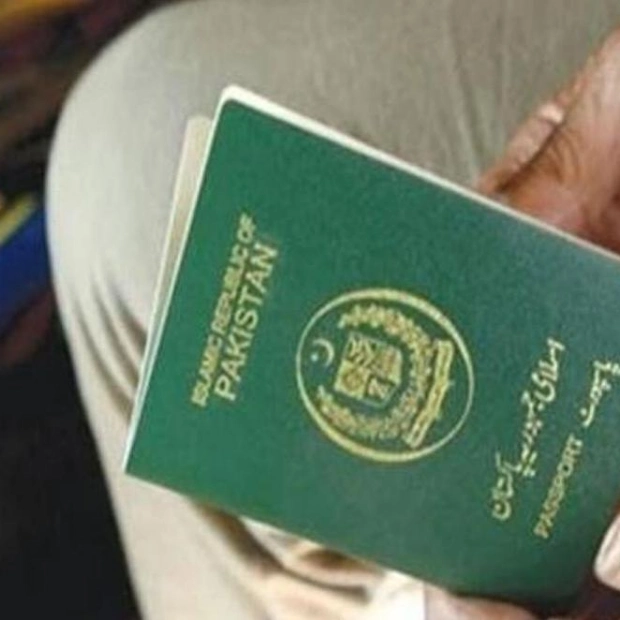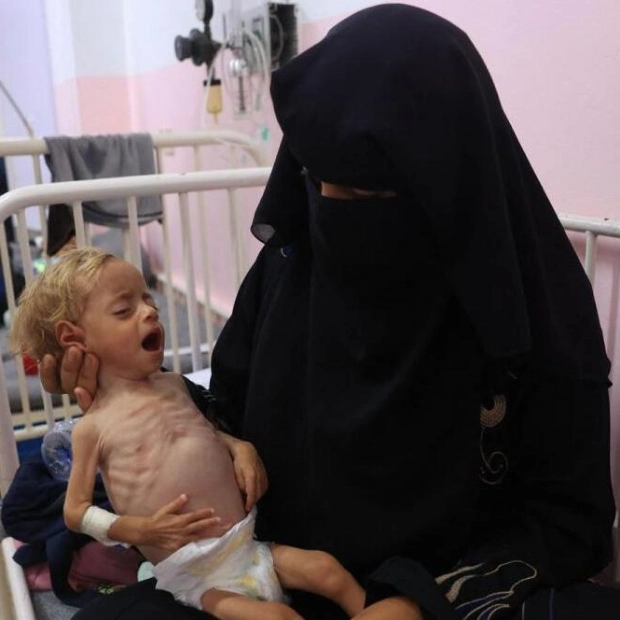Bangladesh's war crimes tribunal plans to seek the extradition of former leader Sheikh Hasina from neighboring India, according to the chief prosecutor, who accuses her of orchestrating 'massacres'. The student-led protests in Bangladesh escalated into widespread demonstrations last month, leading to Hasina's resignation as prime minister and her escape by helicopter to India on August 5, marking the end of her 15-year authoritarian rule.
"Since the primary perpetrator has fled the country, we will initiate the legal process to bring her back," said Mohammad Tajul Islam, the chief prosecutor of Bangladesh's International Crimes Tribunal (ICT), during a press conference on Sunday. The ICT was established by Hasina in 2010 to investigate atrocities committed during the 1971 war of independence from Pakistan. Her government faced allegations of severe human rights violations, including the mass detention and extrajudicial killing of political opponents.
Islam added, "Bangladesh has a criminal extradition treaty with India, signed in 2013 during Sheikh Hasina's administration. As she is now the main accused in the massacres in Bangladesh, we will attempt to legally return her to Bangladesh to stand trial." Hasina, 76, has not been seen in public since her departure from Bangladesh, and her last known location was a military airbase near India's capital, New Delhi. Her presence in India has sparked outrage in Bangladesh, leading to the revocation of her diplomatic passport and the activation of a bilateral extradition treaty that would allow her return for a criminal trial.
However, the treaty includes a clause stating that extradition may be refused if the offense is deemed 'political'. Interim leader Muhammad Yunus, a Nobel Peace Prize winner who assumed power after the uprising, recently stated that Hasina should remain silent while in exile in India until she is brought back for trial. "If India wishes to keep her until Bangladesh requests her return, the condition would be that she must remain silent," Yunus, 84, told the Press Trust of India news agency. The interim government has faced public pressure to demand her extradition and trial for the hundreds of demonstrators killed during the weeks of unrest that led to her ouster.
According to a preliminary United Nations report, more than 600 people were killed in the weeks leading up to Hasina's removal, suggesting that the actual death toll may be higher. Last month, Bangladesh launched an investigation led by a retired high court judge into hundreds of enforced disappearances by security forces during Hasina's tenure.
